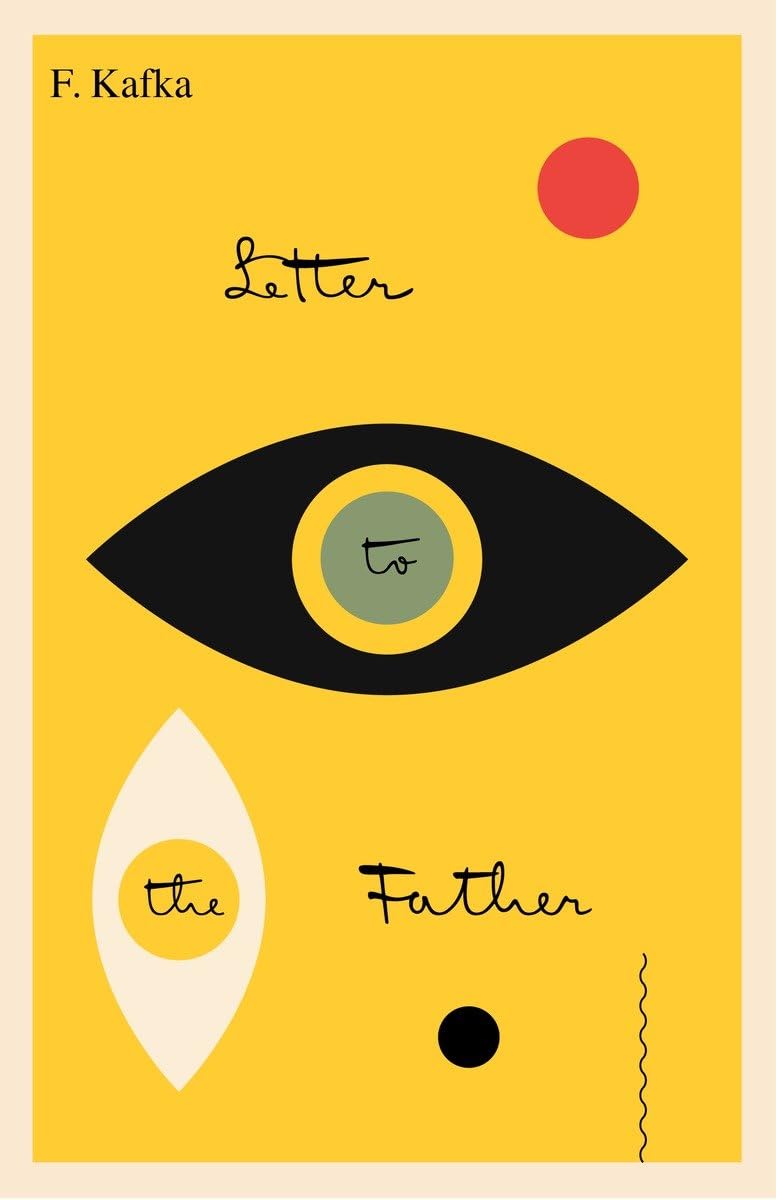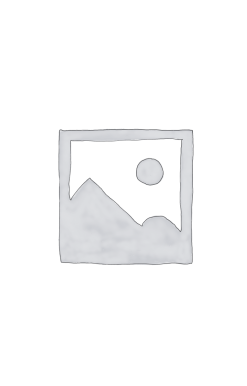Letter to His Father: Bilingual Edition (The Schocken Kafka Library)
13.00 JOD
Please allow 2 – 5 weeks for delivery of this item
Add to Gift RegistryDescription
A son’s poignant letter to his father–from the author of The Metamorphosis and The Trial, and one of the most important writers of the twentieth century. – “One of the great confessions of literature.” –The New York Times Book Review
Franz Kafka wrote this letter to his father, Hermann Kafka, in November 1919. Max Brod, Kafka’s literary executor, relates that Kafka actually gave the letter to his mother to hand to his father, hoping it might renew a relationship that had lost itself in tension and frustration on both sides. But Kafka’s probing of the deep flaw in their relationship spared neither his father nor himself. He could not help seeing the failure of communication between father and son as another moment in the larger existential predicament depicted in so much of his work. Probably realizing the futility of her son’s gesture, Julie Kafka did not deliver the letter but instead returned it to its author.
Additional information
| Weight | 0.14 kg |
|---|---|
| Dimensions | 1.02 × 12.95 × 20.32 cm |
| By | |
| Format | |
| language1 | |
| Pages | 144 |
| Publisher | |
| Year Published | 2015-11-3 |
| Imprint | |
| Publication City/Country | USA |
| ISBN 10 | 0805212663 |
| About The Author | Franz Kafka was born in 1883 in Prague, where he lived most of his life. During his lifetime, he published only a few short stories, including “The Metamorphosis,” “The Judgment,” and “The Stoker.” He died in 1924, before completing any of his full-length novels. At the end of his life, Kafka asked his lifelong friend and literary executor Max Brod to burn all his unpublished work. Brod overrode those wishes. ——- Franz Kafka (Praga, Imperio austrohúngaro, 3 de julio de 1883 – Kierling, Austria, 3 de junio de 1924) fue un escritor de origen judío nacido en Bohemia que escribió en alemán. Su obra está considerada una de las más influyentes de la literatura universal y está llena de temas y arquetipos sobre la alienación, la brutalidad física y psicológica, los conflictos entre padres e hijos, personajes en aventuras terroríficas, laberintos de burocracia, y transformaciones místicas. Fue autor de tres novelas, El proceso (Der Prozeß), El castillo (Das Schloß) y El desaparecido (Amerika o Der Verschollene), la novela corta La metamorfosis (Die Verwandlung) y un gran número de relatos cortos. Además, dejó una abundante correspondencia y escritos autobiográficos. Su peculiar estilo literario ha sido comúnmente asociado con la filosofía artística del existencialismo –al que influenció– y el expresionismo. Estudiosos de Kafka discuten sobre cómo interpretar al autor, algunos hablan de la posible influencia de alguna ideología política antiburocrática, de una religiosidad mística o de una reivindicación de su minoría etnocultural, mientras otros se fijan en el contenido psicológico de sus obras. Sus relaciones personales también tuvieron gran impacto en su escritura, particularmente su padre (Carta al padre), su prometida Felice Bauer (Cartas a Felice) y su hermana (Cartas a Ottla). El término kafkiano se usa en el idioma español para describir situaciones surrealistas como las que se encuentran en sus libros y tiene sus equivalentes en otros idiomas. Solo unas pocas de sus obras fueron publicadas durante su vida. La mayor parte, incluyendo trabajos incompletos, fueron publicados por su amigo Max Brod, quien ignoró los deseos del autor de que los manuscritos fueran destruidos. |
| Review Quote | "This is the closest we have to Kafka's memoirs, a story of mutual misunderstanding and alienation, charted in a series of evocatively sketched scenes…. For all its power of psychological analysis, the tone is rarely self-pitying but almost forensically detached…. The fact that Kafka nearly always gives his father the benefit of the doubt makes his accusations all the more devastating." –The Times Literary Supplement |
| series |




